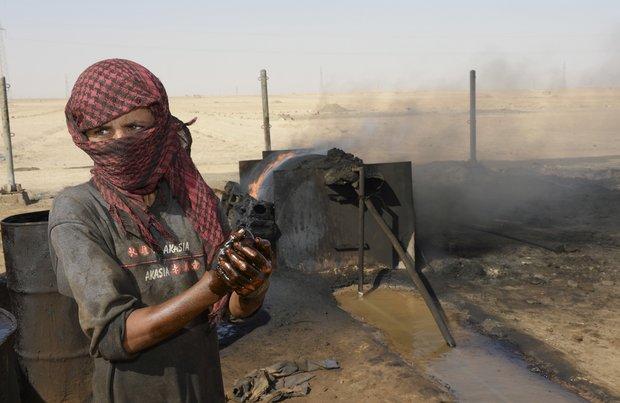
2017: DEMAND RECOVERY

BLOOMBERG wrote, OPEC ministers flew to Moscow and officials in Vienna launched another round of talks in an effort to salvage an agreement on production cuts, just as Saudi Arabia raised the possibility of leaving without a deal.
With only two days to go before ministers from the Organization of Petroleum Exporting Countries try finalize the first production decrease in eight years, the foundations for a deal are looking shaky. Internal divisions over how to share the cuts and Russian resistance to reducing supply forced the cancellation of crucial talks with non-OPEC suppliers Monday. Khalid Al-Falih, the Saudi oil minister, for the first time on Sunday opened the door to leaving Vienna without an agreement.
Al-Falih's comments came two days after Saudi Arabia pulled out of a meeting with non-members including Russia, arguing that OPEC's internal divisions meant it wasn't ready to engage with other producers. It's unclear whether the minister has experienced a sincere change of heart about the merits of an agreement, or is attempting to boost his negotiating position with Iran and Iraq, which are resisting making production cuts.
"Saudi Arabia and Iran are all playing very strong negotiation tactics," said Abhishek Deshpande, chief energy analyst at Natixis SA in London. "The problem for Saudi Arabia is that this isn't the 1980s and 1990s, when it could use its clout and expect others to follow. Today members like Iran and Iraq are equally strong and their agenda is to ensure they get a large market share."
Without an OPEC cut, the International Energy Agency predicts that the oil market will remain in surplus for a fourth year in 2017, which could cause prices to fall. Brent crude fell 1.3 percent to $46.63 a barrel by 8:34 a.m. in London, the lowest in 10 days.
"We expect demand to recover in 2017, then prices will stabilize, and this will happen without an intervention from OPEC," Al-Falih said in Dhahran, eastern Saudi Arabia, on Sunday, according to the Saudi newspaper Asharq al-Awsat. "We don't have a single path which is to cut production at the OPEC meeting, we can also depend on recovery in consumption, especially from the U.S."
Russia Help
As OPEC tries to resolve it's own differences, the group is also asking other big producers such as Russia to reduce output too. Russia has so far resisted OPEC's request that it joins the cut, offering instead to freeze production at its current level. Talks in Vienna with non-members scheduled for Monday were canceled last week after the Saudis pulled out.
"It's not beneficial to attend the meeting with producers from outside OPEC before holding meetings within OPEC and deciding whether to cut or continue with current levels of production," Al-Falih said, according to Asharq Al-Awsat.
In an unexpected move, Algerian Energy Minister Noureddine Boutarfa, one of the architects of OPEC's September accord to reduce output, and Venezuela's Eulogio Del Pino, a regular intermediary in the group's discussions, will meet in Algiers and then travel to Moscow on Monday, according to two delegates familiar with the matter. They asked not to be identified as the talks are private.
OPEC is also proposing a 600,000 barrel a day output cut by non-OPEC producers. Russian Energy Minister Alexander Novak has repeatedly said his country prefers to freeze rather than reduce output.
Internal Differences
While efforts to secure the cooperation of non-members continue, OPEC nations are still trying to agree among themselves about how much each should cut. Instead of talking to non-members on Monday, the group will hold an internal meeting to resolve those differences.
Algeria's Boutarfa presented Iranian Oil Minister Bijan Namdar Zanganeh with a proposal for a collective cut of 1.1 million barrels a day in Tehran on Saturday. Iran had previously said it should be allowed to continue increasing production as its exports recovered from nuclear-related sanctions that were eased in January.
Boutarfa will also meet with his Iraqi, Saudi and Qatari counterparts in Vienna ahead of the OPEC ministers' meeting on Wednesday, according to the state news agency Algerie Presse Service.
-----
Earlier:
RUSSIA:
SAUDI:
IRAN:
OPEC:





